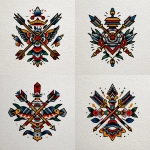Explore the Best AI Image Gallery

A Brush with the Future: AI Image Creation and its Impact on the Creative Industry
The realm of art and design is experiencing a seismic shift with the advent of AI image creation tools. These sophisticated algorithms, powered by deep learning, can generate stunningly realistic and imaginative visuals from simple text prompts. This technological leap is sparking both excitement and debate, as it redefines the boundaries of creativity and challenges traditional notions of artistic authorship.
The Potential Unleashed: Applications Across Industries
AI image generation tools are poised to revolutionize a wide range of industries:
- Advertising and Marketing: Crafting compelling visuals for campaigns, generating product mockups, and personalizing marketing materials.
- Design and Illustration: Creating concept art, designing logos and branding elements, and producing illustrations for books, magazines, and websites.
- Entertainment and Gaming: Developing game assets, creating special effects, and generating realistic character models.
- Education and Research: Visualizing complex data, creating interactive learning materials, and exploring new artistic concepts.
The Ethical Landscape: Navigating the Complexities
While AI image creation offers immense potential, it also raises a number of ethical concerns:
- Copyright and Ownership**: Questions arise regarding the ownership of AI-generated art. Who holds the copyright—the user who provides the prompt, the developer of the AI tool, or the AI itself?
- Bias and Representation**: AI algorithms are trained on massive datasets, which may contain biases that reflect societal stereotypes and inequalities. This can result in AI-generated images that perpetuate harmful representations.
- Job Displacement**: The automation potential of AI image creation tools raises concerns about job losses for artists and designers.
Shaping the Future: Trends and Considerations
The field of AI image creation is rapidly evolving, with ongoing research and development pushing the boundaries of whats possible:
- Enhanced Realism**: Continued advancements in deep learning algorithms are leading to increasingly realistic and photorealistic AI-generated images.
- Personalization and Customization**: AI tools will become more adept at tailoring images to individual preferences and specific needs.
- Interactive and Dynamic Content**: Expect to see the emergence of AI-powered tools that generate interactive and dynamic visuals, blurring the lines between art and technology.
The integration of AI into the creative industry presents both exciting opportunities and complex challenges. It is crucial for artists, designers, developers, policymakers, and the public to engage in thoughtful discussions and collaborations to ensure that AI image creation tools are used ethically and responsibly, fostering a future where technology empowers creativity and enriches our world.
](https://images.ai-img.art/thumbnails/150/024a13ae047c60649b5e7b4f5a71cb7e8a0e8838266fedbd1cb342ac1d2e951c.webp)
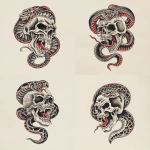
](https://images.ai-img.art/thumbnails/150/a2e728c4e462bef482c106719df04081c360d4444d4d154c22318725b7bcb124.webp)
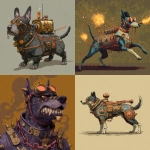
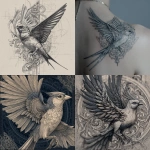
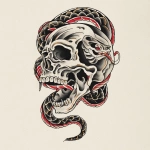

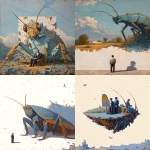
](https://images.ai-img.art/thumbnails/150/bc924c2b4ba958c2aabf177b116f47053317904ae6e56b84db3f7dc2d666c080.webp)
](https://images.ai-img.art/thumbnails/150/5f48fc91b83cfbe17932638af412d0c3a1649ed43692e334aa8cfb9b653153d0.webp)

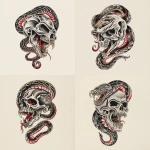
](https://images.ai-img.art/thumbnails/150/3478bd7a5bba66ae70209eef4f2b09837ef09ca033a7511ea86692824661b0a8.webp)
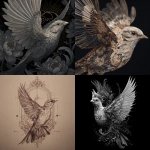
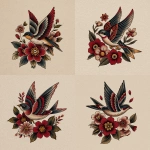
](https://images.ai-img.art/thumbnails/150/4a7a4d6bca6b537f112483b9db13c7dfe541bb35fd8a022bdd131714cc60622a.webp)
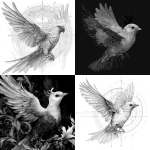
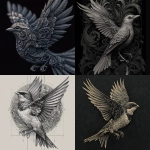
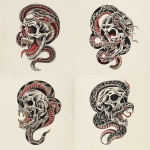
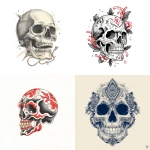
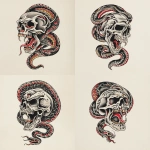
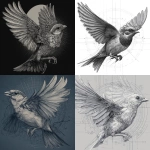
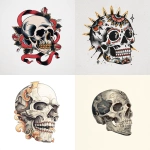
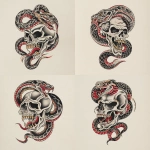
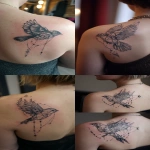
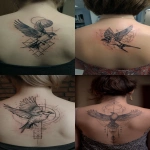
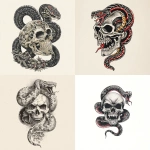

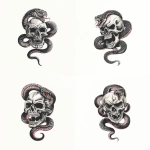
](https://images.ai-img.art/thumbnails/150/815d563985dccec04e21f9a9fa89f09cadc6693be7c6d8ab87defff2b61d417e.webp)
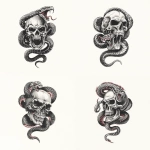
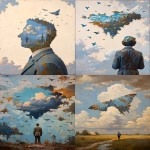
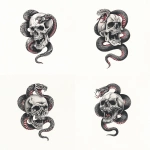
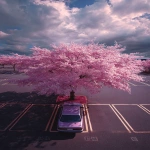
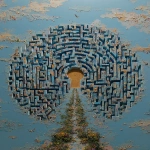
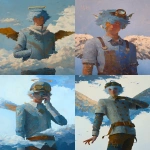
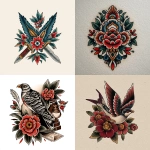
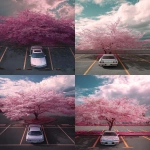
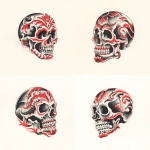
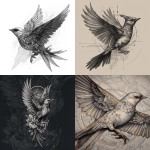
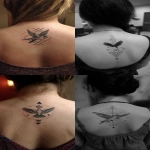
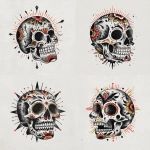
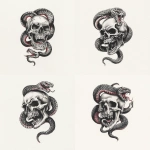
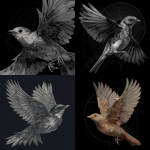
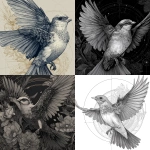
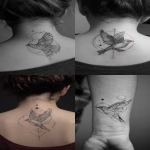
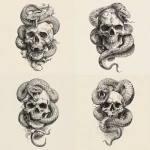
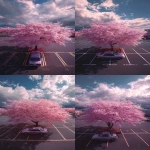
](https://images.ai-img.art/thumbnails/150/6917eea85c775b7876cfba66dfdcae79d6f026ca442f0dfa77824f5af58cfbb0.webp)
